Description
Quinones: Nature’s Colorful Oxidizing Agents
Quinones, a ubiquitous class of organic compounds, often fly under the radar despite their crucial roles in a multitude of biological processes and industrial applications. Defined by their cyclic, unsaturated diketone structure, quinones are powerful oxidizing agents found in everything from the vibrant pigments of plants and fungi to the complex electron transport chains that power life.
What Exactly are Quinones?
The core of a quinone molecule is a six-membered ring containing two ketone (C=O) groups, positioned either ortho (1,2) or para (1,4) to each other. When the ketone groups are attached to fused ring systems, such as in naphthoquinones or anthraquinones, the resulting compounds display enhanced stability and vibrant colors.
The defining characteristic of quinones is their ability to readily accept electrons and undergo reduction to form hydroquinones (also known as quinols). This redox activity makes them potent oxidizing agents, pivotal in many chemical and biological reactions.
Quinones in Nature: A Spectrum of Roles
Nature has ingeniously harnessed the redox power of quinones for a variety of purposes:
- Photosynthesis and Respiration: Ubiquinone (coenzyme Q10) acts as a vital electron carrier in the mitochondrial electron transport chain, transferring electrons from complex I and II to complex III. This process is essential for generating ATP, the energy currency of the cell. Plastoquinone plays a similar role in the thylakoid membranes of chloroplasts during photosynthesis.
- Natural Pigments: Many vibrant natural pigments owe their color to quinone derivatives. Anthraquinones, for instance, contribute to the reds, oranges, and yellows found in certain plants, fungi, and lichens. These pigments not only attract pollinators but also offer protective properties against UV radiation.
- Defense Mechanisms: Some organisms utilize quinones as defense mechanisms against predators or pathogens. For example, certain insects eject quinones as a deterrent when threatened. Plants also produce quinones to protect themselves from fungal and bacterial infections.
- Vitamin K: Phylloquinone (vitamin K1) and menaquinone (vitamin K2) are essential for blood clotting. They act as cofactors for enzymes involved in the carboxylation of glutamate residues in clotting factors, enabling them to bind calcium ions and initiate the coagulation cascade.
Industrial Applications: Beyond Nature’s Realm
The versatility of quinones extends beyond their natural roles, finding applications in various industrial sectors:
- Dyes and Pigments: Quinones are extensively used as dyes and pigments in textiles, paints, and inks, offering a wide range of vibrant and durable colors.
- Pharmaceuticals: Several quinone derivatives possess medicinal properties. Some are used as anticancer agents, while others exhibit antimicrobial or anti-inflammatory effects. Examples include doxorubicin, an anthracycline antibiotic used in chemotherapy, and atovaquone, an antimalarial drug.
- Polymer Production: Quinones can act as initiators or inhibitors in polymerization reactions, playing a crucial role in the synthesis and modification of polymers.
- Photography: Quinones have been utilized in photographic developers, contributing to the image-forming process.
Potential Risks and Considerations
While quinones are generally beneficial, it’s important to acknowledge potential risks associated with certain compounds. Some quinones can be toxic if ingested or inhaled, and exposure can cause skin or respiratory irritation. Additionally, certain quinones have been implicated in the formation of reactive oxygen species, which can contribute to oxidative stress and cellular damage.
The Future of Quinone Research
Research on quinones continues to expand, focusing on new applications in drug discovery, materials science, and energy storage. Researchers are exploring the potential of quinones as:
- Components in Redox Flow Batteries: Their reversible redox properties make them promising candidates for use in energy storage devices.
- Targeted Drug Delivery Systems: Quinone-based compounds can be designed to selectively deliver drugs to cancer cells or other diseased tissues.
- Novel Antibacterial Agents: The ability of quinones to disrupt bacterial electron transport chains is being investigated as a strategy to combat antibiotic resistance.
In conclusion, quinones are a fascinating and functionally diverse class of organic compounds that play critical roles in nature and have a wide range of industrial applications. From powering life to providing vibrant colors and medicinal benefits, quinones continue to inspire scientific research and offer exciting possibilities for future innovation.


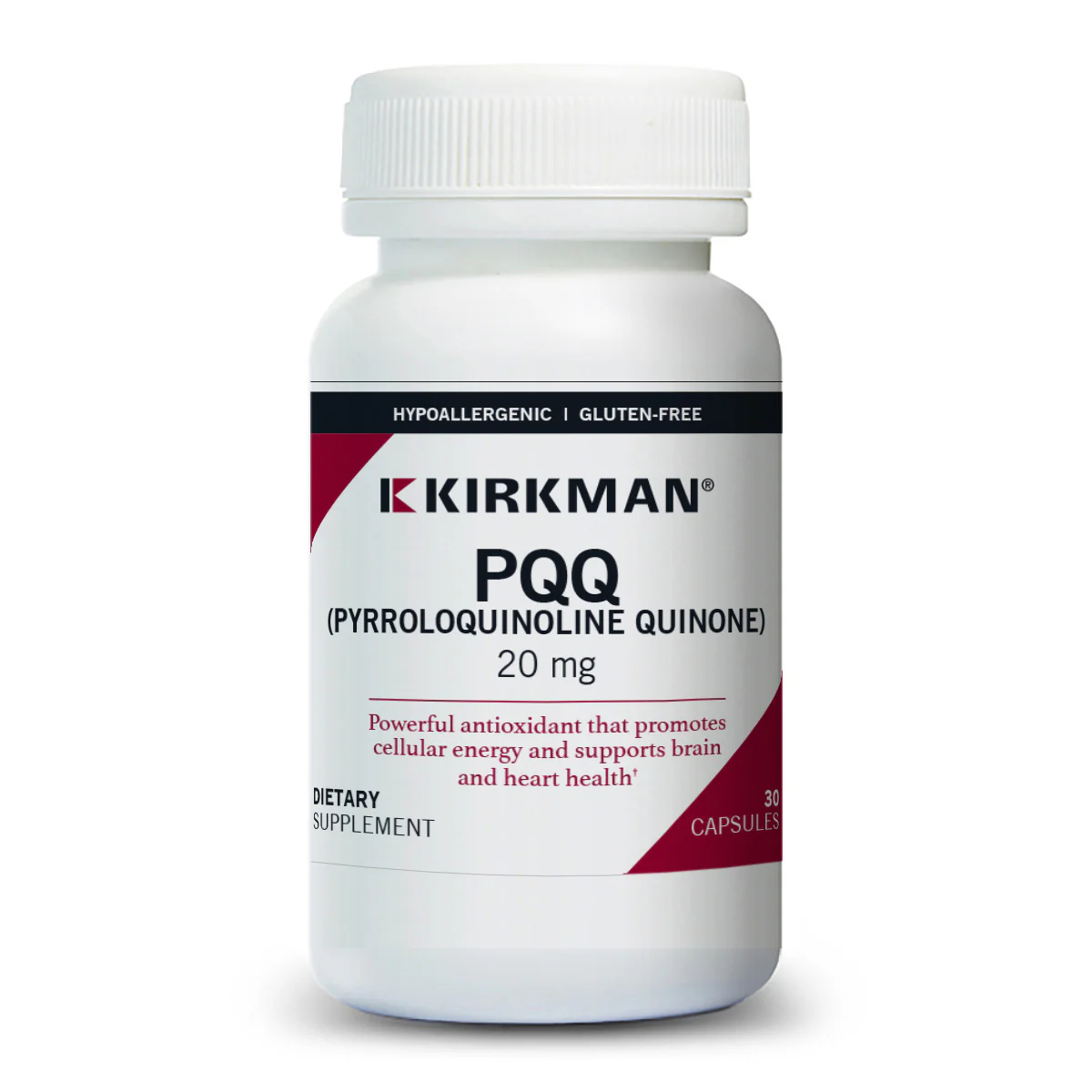
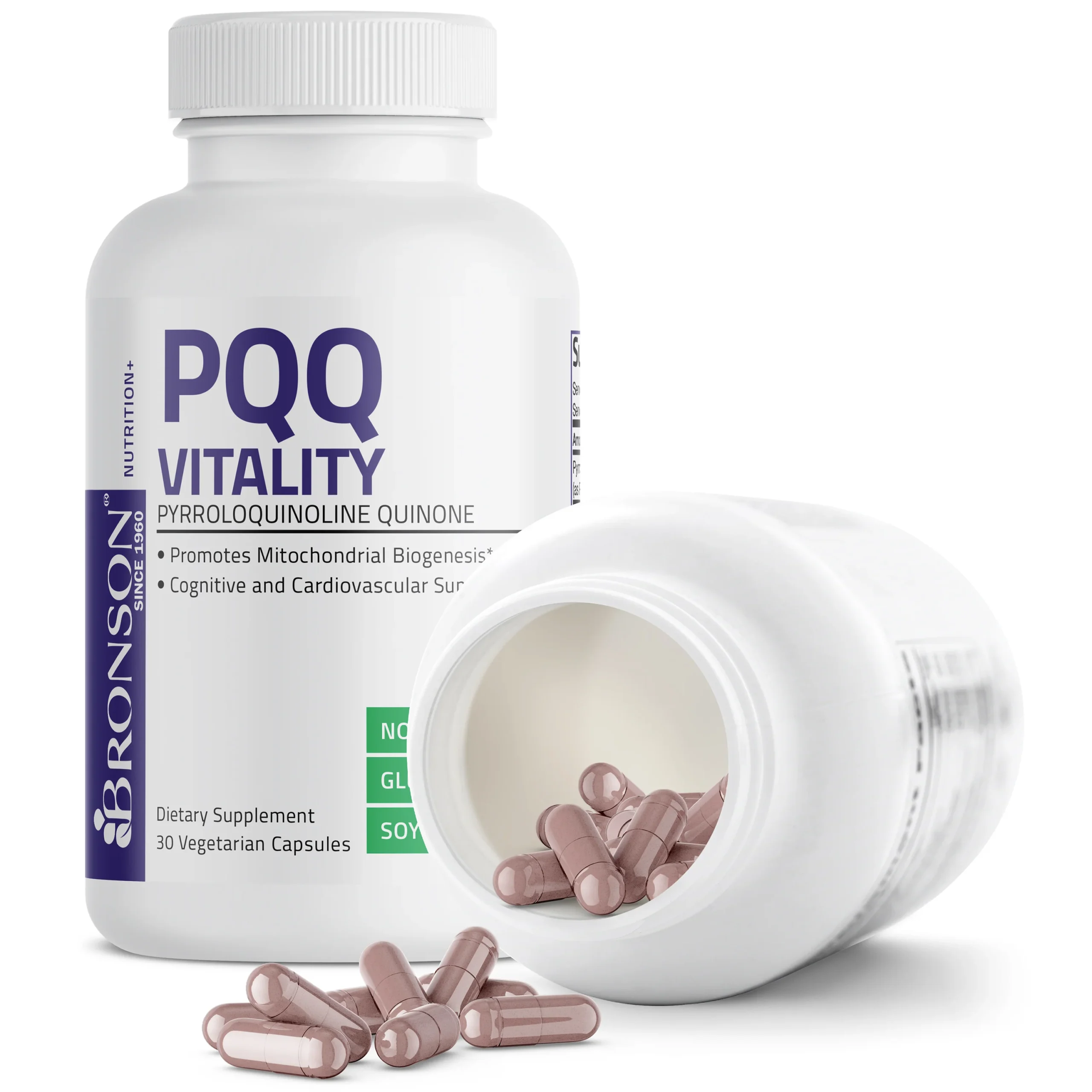
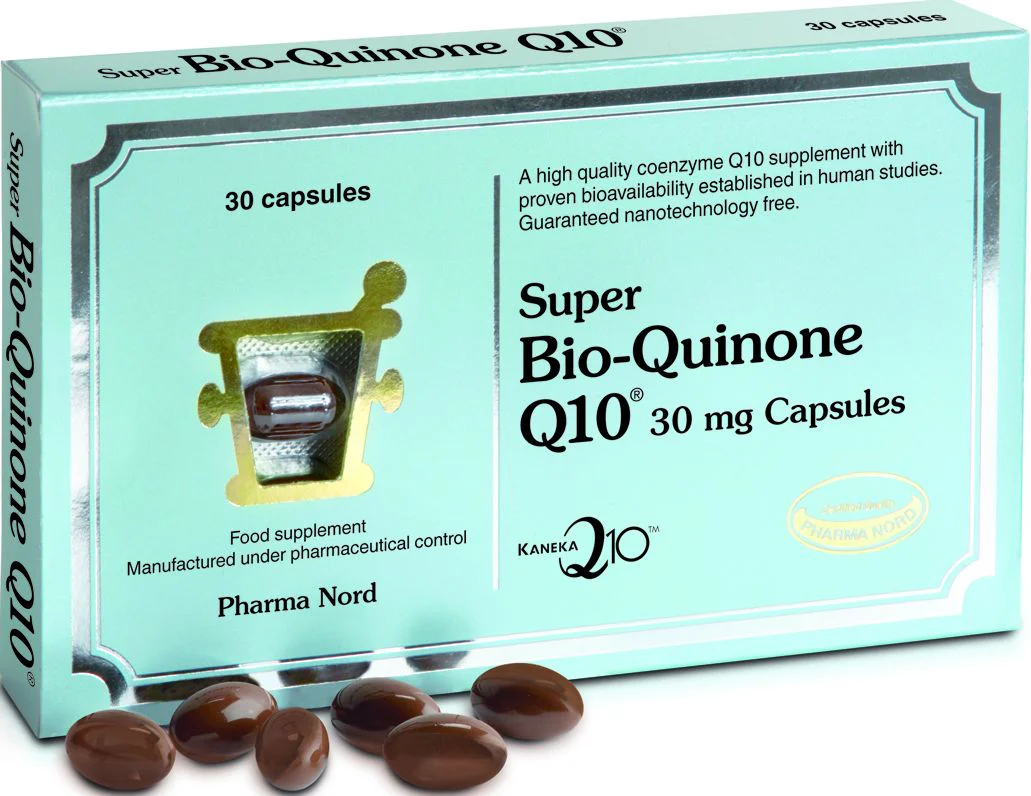
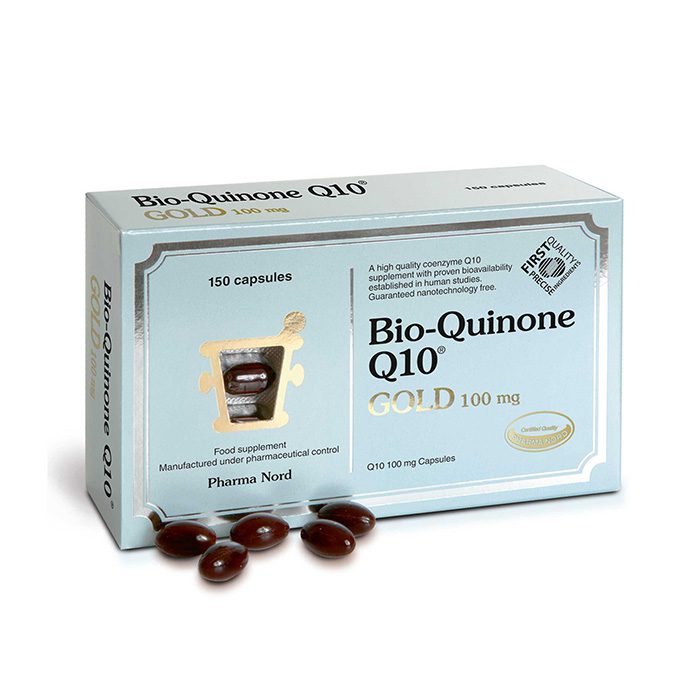




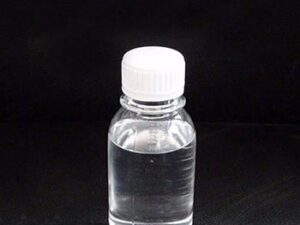


Reviews
There are no reviews yet.